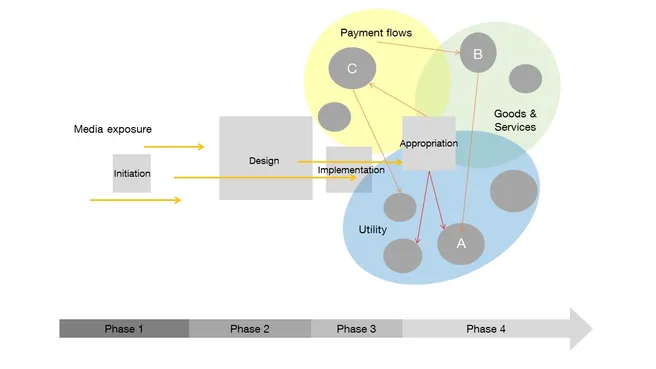The Chair of Urban Development is delighted to announce that the Deutsche Förderungsgemeinschaft (DFG) will be funding its research project proposal “Star architecture and its role for re-positioning small and medium sized cities”.
This research is concerned with buildings designed by star architects and their role for re-positioning small and medium sized cities on regional and global economic circuits. By bringing together analyses from the fields of urban economics, sociology and architecture and applying them in the field of urban studies, this research seeks to dig deeper beyond the dazzle effect of star architecture to investigate links to urban impacts. Together these investigations will constitute a body of material that prompts the rethinking of many accepted tenets related to star architecture and offer a broader urban and impact-oriented perspective that includes actor networks and changed logic of cities.
On hand of three case studies of flagship architectural projects inaugurated in the past 15 years, this research will investigate ex-post the actual socio-economic impacts triggered by the arrival of these buildings to their respective small to medium sized cities and unpack inter-dependencies between actor networks, the realization of flagship architectural projects and urban transformation.
One of the objectives of this research is to develop an empirical evidence base of the processes driving the realization of flagship projects by star architects. Based on such an empirical database it will be possible to assess the associated impacts of flagship architectural projects on their surrounding settings and to identify the opportunities and threats of processes involving urban transformations through flagship architectural projects.
Alongside the Chair of Urban Development of TUM, two other chairs with two different core competencies work on this research, namely the Chair of Urban Design and Local Planning of HafenCity University Hamburg (HCU) and the Chair of Sociology of Planning and Architecture at the Institute of Sociology of the Technische Universität Berlin (TUB). TUM focuses on identifying the economic impacts associated with putting these particular projects in use and the role of media exposure. The research project will commence in the summer of 2015 and will run for a duration of two years. Research findings will be disseminated through a symposium towards the end of the research period.
